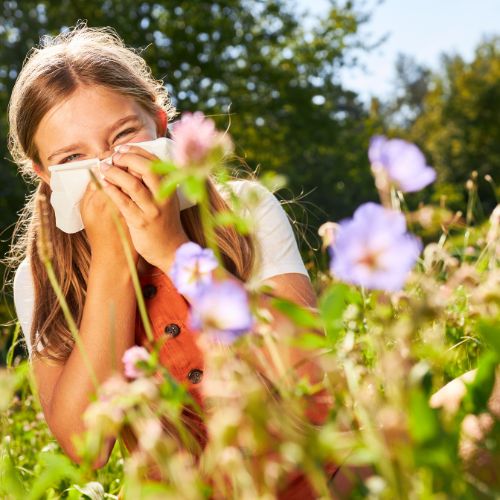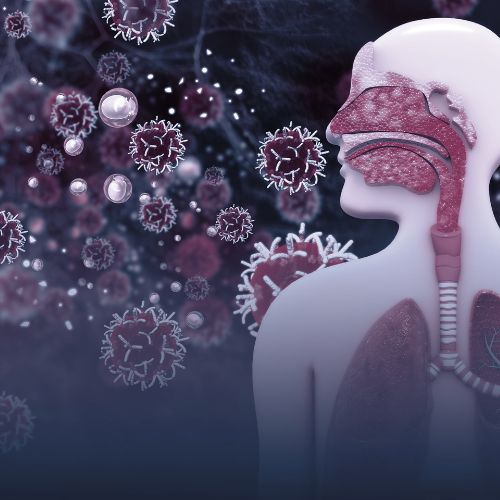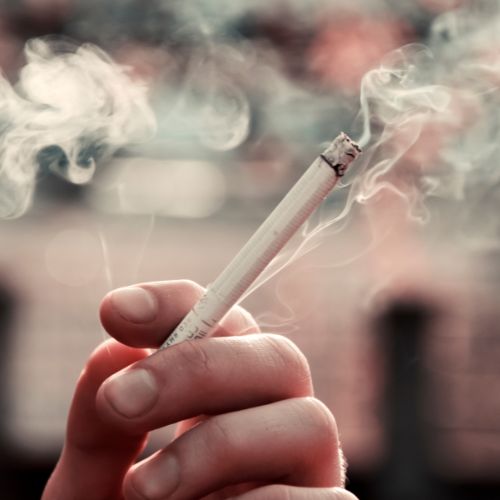Ayurvedic asthma treatment is often regarded as the most effective approach for asthma, encompassing Panchakarma therapies such as Vaman (medicated emesis), Virechana (purification therapy), Nasya (nasal installation), and Vasti (enema).
Vaman aids in dislodging toxins from the respiratory and gastrointestinal tract, while Virechana expels toxins via the anal route, particularly beneficial for asthma arising from Pitta dosha imbalance.
Nasya therapy strengthens the nasal passage, enhancing breathing for throat, nose, and ear disorders. Vasti, a specialized enema procedure, addresses Vata-related disorders like obesity and neurological issues.
Complemented by healthy habits, asthma exercise, asthma yoga, and a balanced diet, Panchakarma therapies contribute to holistic toxin elimination.

Oxygen is crucial for living beings, and if you get a disease affecting your breathing, it can lead to serious consequences.
Asthma is a long-term condition that impacts the airways, making it challenging to breathe.
In asthma, the inner walls of our airways or bronchial tubes become swollen and inflamed.
In an asthma attack, breathing becomes tough as the airways swell and the surrounding muscles tighten. This makes it really hard for air to flow in and out of the lungs. Asthma comes in various types, like childhood, adult-onset, seasonal, and workplace-related asthma.







It’s accurate to say that while the precise asthma cause isn’t definitively identified, several factors commonly contribute to the development and exacerbation of asthma symptoms, understanding these common contributors can aid in managing and preventing asthma symptoms.

Genetic factors play a significant role in asthma risk. If there’s a family history of asthma or other allergic conditions, it increases the likelihood of developing asthma. This understanding helps individuals with a family history take proactive steps for early detection and management of asthma symptoms.

Environmental allergens, such as pollen, Mold, pet dander, and dust mites, can indeed trigger asthma symptoms in susceptible individuals. Minimizing exposure to these allergens, through measures like proper cleaning, air filtration, and avoiding known triggers, can be beneficial for managing asthma.

Respiratory infections, especially during childhood, can be linked to an increased risk of developing asthma. The impact of respiratory infections on the airways may contribute to the development of asthma over time.

Exposure to tobacco smoke, whether through direct smoking or second-hand smoke, is a known risk factor for asthma. The harmful substances in tobacco smoke can irritate and inflame the airways, contributing to the development and exacerbation of asthma. Avoiding exposure to tobacco smoke is crucial for maintaining respiratory health and reducing the risk of asthma-related complications.
Panchakarma Ayurvedic Treatment is a comprehensive approach to managing asthma, focusing on detoxification and restoring balance to the body. This holistic treatment employs various techniques to eliminate toxins and alleviate symptoms. Here are the key steps involved in the Panchakarma Ayurvedic Treatment for asthma:
The Panchakarma Ayurvedic Treatment not only addresses the immediate symptoms of asthma but also works towards long-term healing and prevention. Embracing this holistic approach can lead to better respiratory health and an improved quality of life.
Ayurvedic asthma treatment includes Panchakarma therapies such as Vaman (medicated emesis), Virechana (purification therapy), Nasya (nasal installation), and Vasti (enema). These therapies help in detoxifying the body, improving respiratory function, and managing the symptoms of asthma.
Vaman therapy involves medicated emesis, which helps dislodge and expel toxins from the respiratory and gastrointestinal tract. It is particularly effective in clearing the airways and improving breathing in asthma patients.
Yes, Nasya therapy, which involves nasal administration of medicinal substances, strengthens the nasal passage and enhances breathing. It is beneficial for treating disorders of the throat, nose, and ears, and can improve respiratory function in asthma patients.
Virechana is a purification therapy that expels toxins via the anal route. It is especially beneficial for asthma arising from a Pitta dosha imbalance, as it helps in cleansing the body and reducing inflammation in the airways.
Ayurveda recommends complementing Panchakarma therapies with healthy habits such as regular asthma exercises, asthma yoga, and a balanced diet. These practices contribute to overall toxin elimination and improve respiratory health, helping manage asthma symptoms effectively.
© 2023 All rights reserved | Vedic Sutrra Wellness Center